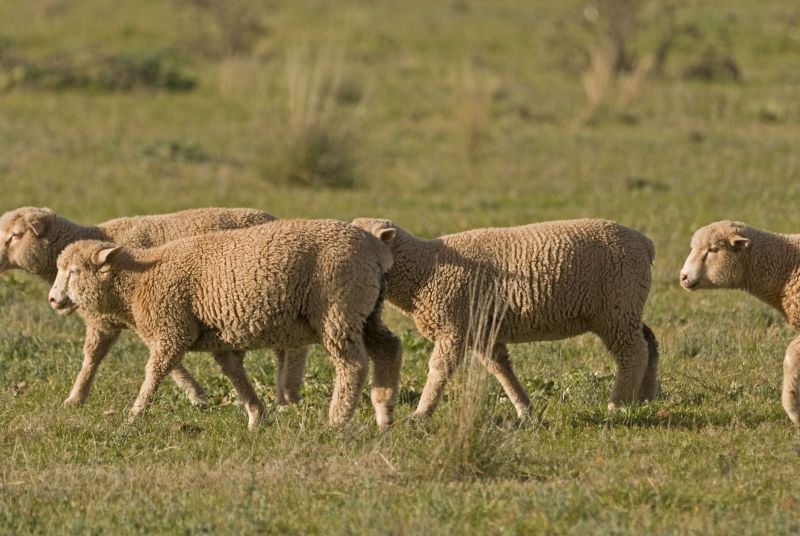
Cattle and sheep farmers have been warned that rafoxanide is not an appropriate alternative to closantel when treating liver fluke.
With liver fluke shaping up to be a significant challenge this winter, livestock farmers are being warned to be on their guard and monitor the situation carefully.
Farmers, vets and advisors are also being urged to be careful with the limited number of different flukicide products, as reports of resistance to triclabendazole continue to increase.
Speaking on behalf of the Sustainable Control of Parasites in Sheep (SCOPS), Lesley Stubbings says: “Choice of treatment is extremely important, and SCOPS are committed to providing clear advice on the options available.
“As part of this commitment, we are aware there has been misunderstanding with respect to two veterinary medicines that are not currently authorised in the UK, but which have been imported from the Republic of Ireland under a Special Import Certificate from the Veterinary Medicines Directorate, for use on some UK farms.
“These veterinary medicines both contain the active substance rafoxanide, and it is apparent there is significant confusion around rafoxanide, especially with respect to using it as an alternative to closantel on farms where triclabendazole resistance is proven.
“SCOPS and COWS have therefore updated their respective websites to provide clear information to sheep and cattle farmers.”
The SCOPS-COWS statement on rafoxanide makes it clear that this is not a new flukicide or a different class to closantel and, moreover, there is evidence of cross-resistance between rafoxanide and closantel from both field and laboratory studies.
Speaking on behalf of Control of Cattle Parasites Sustainably (COWS), Professor Diana Williams adds: “This is extremely important because it means there is no evidence to suggest using closantel and rafoxanide interchangeably/on a rotational basis will successfully reduce the selection pressure for resistance to closantel.
“Indeed, there is a serious risk that such use of rafoxanide will hasten the development of resistance to closantel.
“It would be fantastic for both sheep and cattle farmers if rafoxanide was a new active against fluke, and we’d be shouting about it loud and clear if it was.
“Unfortunately that is not the case and we do not want people working in the livestock industry to mistakenly think the two products containing rafoxanide are ‘silver bullets’, when in fact their overuse could do more harm than good.”
SCOPS and COWS are urging farmers, their vets and other advisors to heed this new advice and take on board the latest information.
Information is available online about the importance of diagnostic testing before treatment, different flukicide products available, the age of fluke those products target, and the appropriate time of year to use them.
